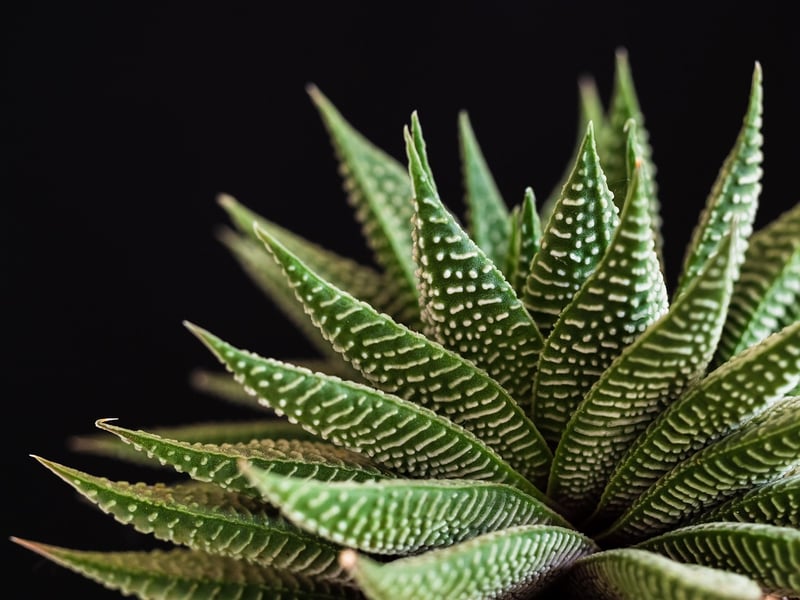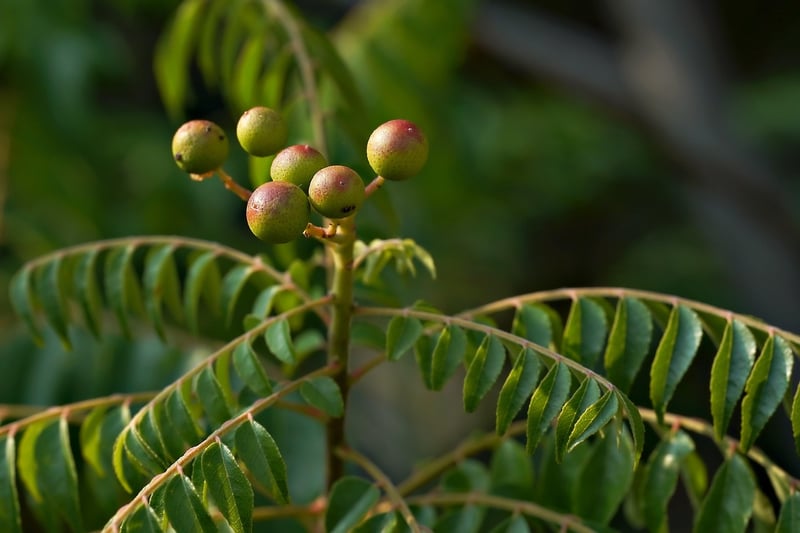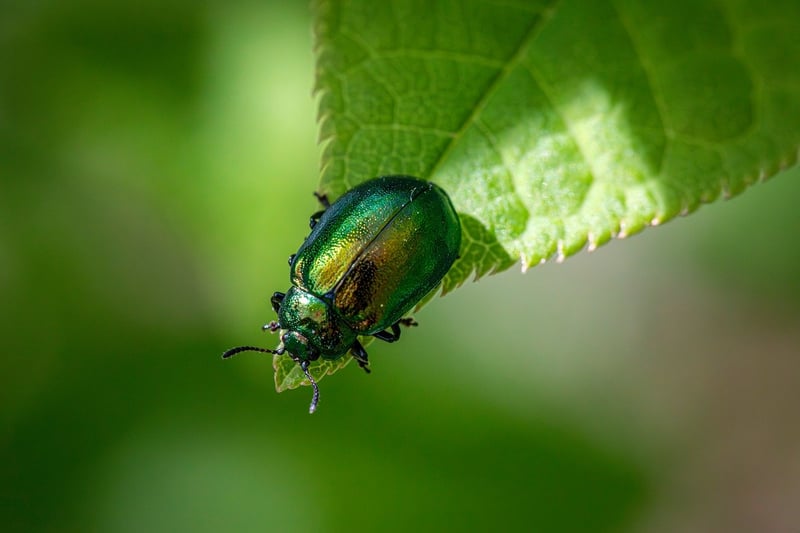Pest Management
Caring for Your Plants: Essential Tips and Pest Management
Introduction
Plants not only add beauty to our surroundings but also contribute to a healthy environment. To ensure your plants thrive and remain pest-free, it's essential to provide proper care and attention. Here are some practical tips for plant care and pest management to help you maintain a green and vibrant space.
Plant Care Tips
1. Watering
Watering is crucial for plant health. Ensure your plants receive adequate water based on their specific needs. Overwatering can lead to root rot, while underwatering can cause wilting. Be mindful of the moisture requirements of each plant.
2. Light
Light is essential for photosynthesis. Different plants require different levels of light. Some thrive in bright, direct sunlight, while others prefer indirect light. Understand the light requirements of your plants and place them accordingly.
3. Soil and Fertilization
Quality soil provides essential nutrients for plant growth. Ensure your plants are potted in well-draining soil. Additionally, fertilize your plants regularly but avoid over-fertilizing, which can harm the roots.
4. Pruning and Grooming
Regular pruning helps maintain the shape and health of your plants. Remove dead or yellowing leaves, trim overgrown branches, and groom your plants to encourage new growth.
5. Monitoring and Observation
Pay attention to your plants' overall health. Look for signs of pests, disease, or nutrient deficiencies. Early detection can help prevent problems from escalating.
Pest Management
Pests can wreak havoc on your plants if left unchecked. Implementing effective pest management strategies is essential to protect your greenery. Here are some tips to manage pests:
1. Natural Remedies
Consider using natural remedies like neem oil, insecticidal soap, or garlic spray to deter pests. These methods are eco-friendly and safe for your plants.
2. Companion Planting
Planting pest-repelling species alongside your vulnerable plants can help deter pests naturally. For example, marigolds can repel aphids and other common garden pests.
3. Regular Inspection
Inspect your plants regularly for signs of pests such as holes in leaves, webbing, or visible insects. Early detection can prevent pest infestations from spreading.
4. Integrated Pest Management (IPM)
Implement an Integrated Pest Management approach, which combines biological, cultural, physical, and chemical control methods to manage pests effectively while minimizing harm to the environment.
Conclusion
By following these plant care tips and pest management strategies, you can ensure your plants remain healthy, vibrant, and pest-free. Remember that each plant is unique, so understanding their specific requirements is key to successful plant care. Happy gardening!



